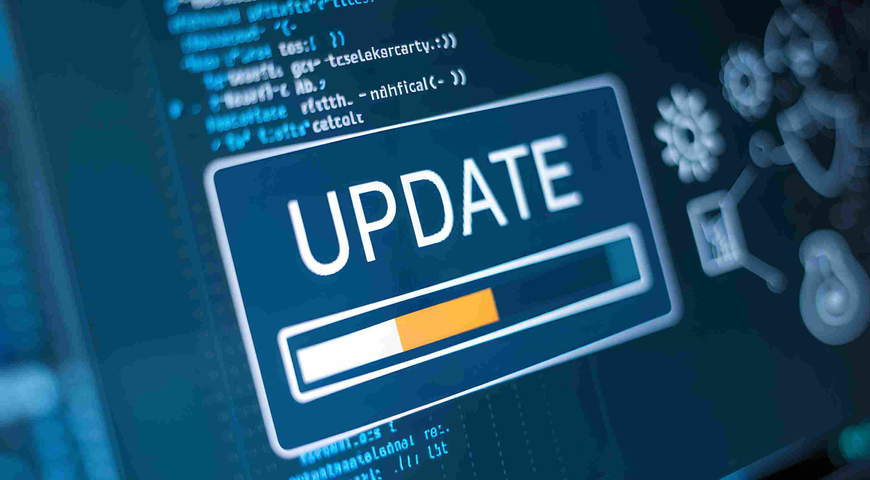If you already have a corrupted or damaged drive and have not backed up your data, your chances of restoring your data are uncertain but there are a few ways you can try to recover.
First, try to use data recovery software – some of which are available at no charge. If the free software does not work, you may want to invest in paying for the software from a different vendor. If that does not work, you can then engage a reputable company that provides a data recovery service.
Unfortunately, there are no guarantees that you can restore files from a corrupted drive, which is why you want to take the proper measures before you experience any problem so you can be sure to restore your files.
How do hard drives get corrupted?
Hard drives can get corrupted in a variety of ways: when you drop your laptop and physically damage the drive, a sudden loss of power while working on or saving a file, a malware infection, or simply due to age. The average life of a hard disk is between three and five years. New computers and laptops can have defective drives although that is not as common as it used to be. Even solid-state drives (SSDs) that have no moving parts can fail.
Other ways data can be lost
In addition to losing data due to a corrupted drive, there are a variety of other ways that data can be lost. These include:
- Human error
- Data breaches
- Malware infections
- Disasters
- Corrupted/outdated software
- Power failures
- Internal bad actors
Most data loss incidents are the result of human error, hardware failures, and internal bad actors. However, between the number of ways you can lose data, coupled with the likelihood that one of the above events will occur, it is not a question of if you will lose data but rather when it will happen. This means you must take action to protect your data now.
How to protect data from hard drive failures
Protecting your data from any event, including hard drive failures, requires a user to:
- Handle with care. Always handle your laptop with care. For example, always close the lid on your laptop before moving it. Sometimes users will simply pick up their laptop with the lid open and the system on and move it to another room. Doing this can potentially cause a hard drive defect.
- Use a surge protector. Plug your computer or laptop into a surge protector. This will protect your device and the data it contains in the event of an unexpected power outage.
- Install anti-malware software. Next-generation, advanced anti-malware can protect your computer from malicious attacks, including ransomware and zero-day attacks.
- Back up your data. You should back up your data frequently following the 3-2-1 backup rule: keep your data in three places, across two media, with one backup stored offsite, such as in the cloud. Choose software that backs up a full-disk image, which includes the operating system, applications, and data. If your drive fails, it is easy to restore this backup to a new drive without the need to load any software.
- Update your software. Be sure to install software upgrades and patches as soon as they become available. Many times, a patch is designed to stop a new cyberthreat. If you are using non-supported software, upgrade to a supported version.
Keep your data save with Acronis True Image
Acronis True Image is the only personal solution that combines backup and anti-malware to protect you from today’s threats – from accidents to hardware/software failures to cyberattacks. Key features include:
- Flexible backups so you can back up what you want – from full system images to individual files – to the storage you want
- Fast and reliable recovery to the same or new hardware in just a few clicks
- Disk cloning, all-in-one recovery drives, and end-to-end encryption to ensure your data is always safe
- On-demand antivirus scans of your full system or those files typically targeted by malware
- Machine intelligence (MI)-enhanced behavioral detection to stops attacks in real-time, before malware, ransomware, or cryptojackers cause damage
- Web filtering and videoconference protections to keep accidental infections and unwanted hackers from your valuable data
- Tight integrations that deliver clear performance advantages, such as restores that are up to 10-times faster than other solutions
- Acronis Drive Monitor – a free tool available for public download – to monitor the health of your hard disk drives, and report early warnings on the problems that may lead to future data loss
- A single, intuitive interface to manage backup and all your protections
Consider Acronis True Image and be sure that your system and data are secure and protected from any event – no matter what happens.
About Acronis
A Swiss company founded in Singapore in 2003, Acronis has 15 offices worldwide and employees in 50+ countries. Acronis Cyber Protect Cloud is available in 26 languages in 150 countries and is used by over 21,000 service providers to protect over 750,000 businesses.



